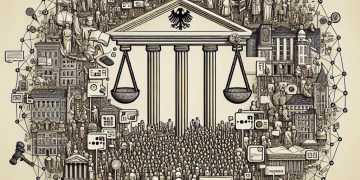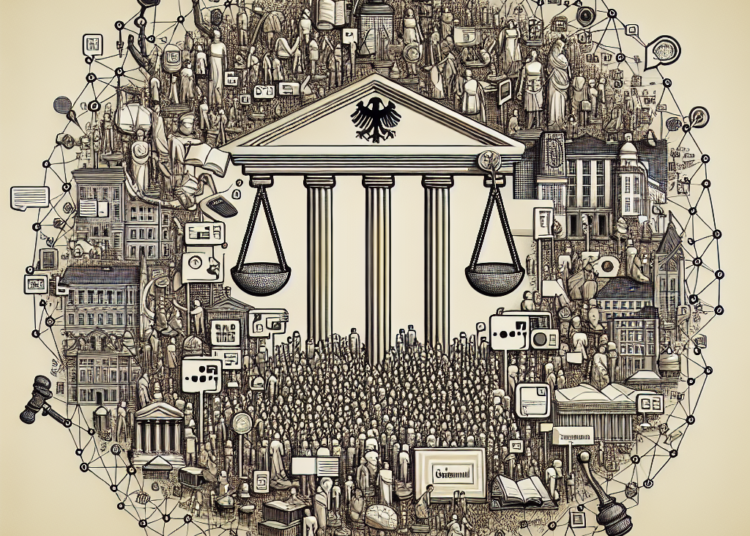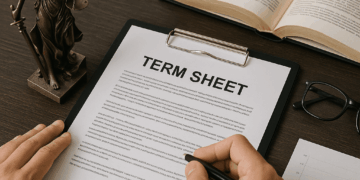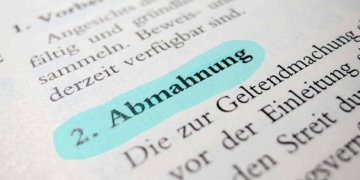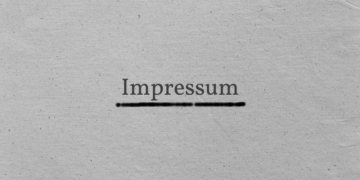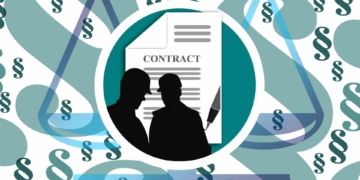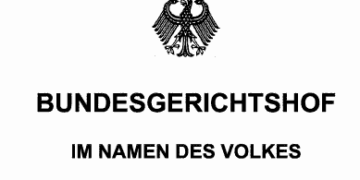Crowd-sensing projects, in which data is collected from a large number of users via mobile devices, open up fascinating opportunities in areas such as environmental monitoring, traffic management and health research. However, these participatory sensor networks also bring with them complex legal challenges, particularly in the areas of data protection and fair compensation for participants. As a lawyer with many years of experience as an entrepreneur in the tech sector, I understand the specifics of these innovative projects and can help you develop legally compliant strategies for your crowd-sensing initiatives.
Key aspects of the legal framework for crowd-sensing
1. data protection and consent
The processing of personal data in crowd-sensing projects requires special care:
– Development of transparent and GDPR-compliant consent mechanisms
– Design of processes for granular control of data release by users
– Implementation of data aggregation and anonymization techniques
My expertise helps you to develop data protection-compliant solutions that strengthen participants’ trust and minimize legal risks.
2. remuneration models and incentive structures
The fair remuneration of participants is crucial for the success of crowd-sensing projects:
– Development of transparent and attractive remuneration models
– Design of incentive structures that promote the quality and quantity of data contributions
– Consideration of tax law aspects in the remuneration of participants
As an experienced IT entrepreneur, I can help you to develop innovative and legally compliant compensation models that are beneficial for both your company and the participants.
3. data quality and liability issues
Ensuring data quality in participatory sensor networks is a challenge:
– Development of mechanisms for quality control and validation of crowd-sensing data
– Design of liability regulations for incorrect decisions based on crowd-sensing data
– Implementation of systems to detect and prevent data falsification
I support you in developing robust quality assurance mechanisms and minimizing potential liability risks.
4. intellectual property and data usage rights
The issue of intellectual property in crowd-sourced data is complex:
– clarifying the ownership of collected data and derived insights
– drafting license agreements for the use and transfer of crowd-sourced data
– developing strategies to protect trade secrets in open data networks
My experience will help you to develop balanced regulations that promote innovation and protect your interests at the same time.
Special challenges and solutions
1. cross-border data collection
Crowd-sensing projects are often international:
– taking into account different data protection laws in different jurisdictions
– developing strategies for legally compliant international data transfer
– drafting terms of use that are enforceable in different jurisdictions
My international experience helps you to develop global strategies for your crowd-sourcing projects.
2. ethical aspects and social responsibility
Crowd-sensing raises ethical questions:
– development of guidelines to avoid discrimination and bias in crowd-sensing data
– consideration of aspects of digital participation and the digital divide
– design of processes for transparent communication of research results
My holistic approach helps you to integrate ethical aspects into your crowd-sourcing strategy.
3. integration with IoT and big data
Linking crowd-sensing with other technologies opens up new opportunities:
– Development of data protection concepts for the integration of crowd-sensing with IoT systems
– Design of regulations for combining crowd-sensing data with other data sources
– Consideration of big data analyses in data protection and consent concepts
I help you to develop integrated solutions that utilize the advantages of different technologies in a legally compliant manner.
4. sustainability and long-term participant retention
Maintaining participant engagement is crucial:
– developing strategies for long-term motivation and retention of participants
– designing feedback mechanisms and communication strategies
– implementing gamification elements while taking legal aspects into account
My experience helps you to build sustainable crowd-sensing ecosystems that are legally secure.
Practical tips for companies
1. privacy by design: Integrate data protection aspects into the design of your crowd-sensing projects right from the start.
2. transparent communication: Inform participants clearly and comprehensibly about the use of their data and the project objectives.
3. flexible consent models: Develop granular consent mechanisms that give users control over their data.
4. regular audits: Conduct regular privacy and ethics audits of your crowd-sourcing projects.
5. stakeholder involvement: Work closely with data protection authorities, ethics committees and user groups.
As a lawyer with extensive experience as an entrepreneur in the tech sector, I offer you a unique perspective on the legal challenges of crowd-sourcing projects. I understand not only the legal intricacies, but also the technological possibilities and social implications of this innovative research method.
My goal is to develop a legal framework that secures your crowd-sensing projects, promotes innovation and strengthens participants’ trust. By combining my legal expertise with practical business experience, I can help you use crowd-sensing as a strategic tool for your company or research institution without taking legal and ethical risks.
Let’s work together to develop strategies that optimally position your crowd-sensing initiatives for the future of participatory research and data collection. My holistic approach ensures that we consider and harmonize all aspects – from legal requirements and technical innovations to ethical considerations.
